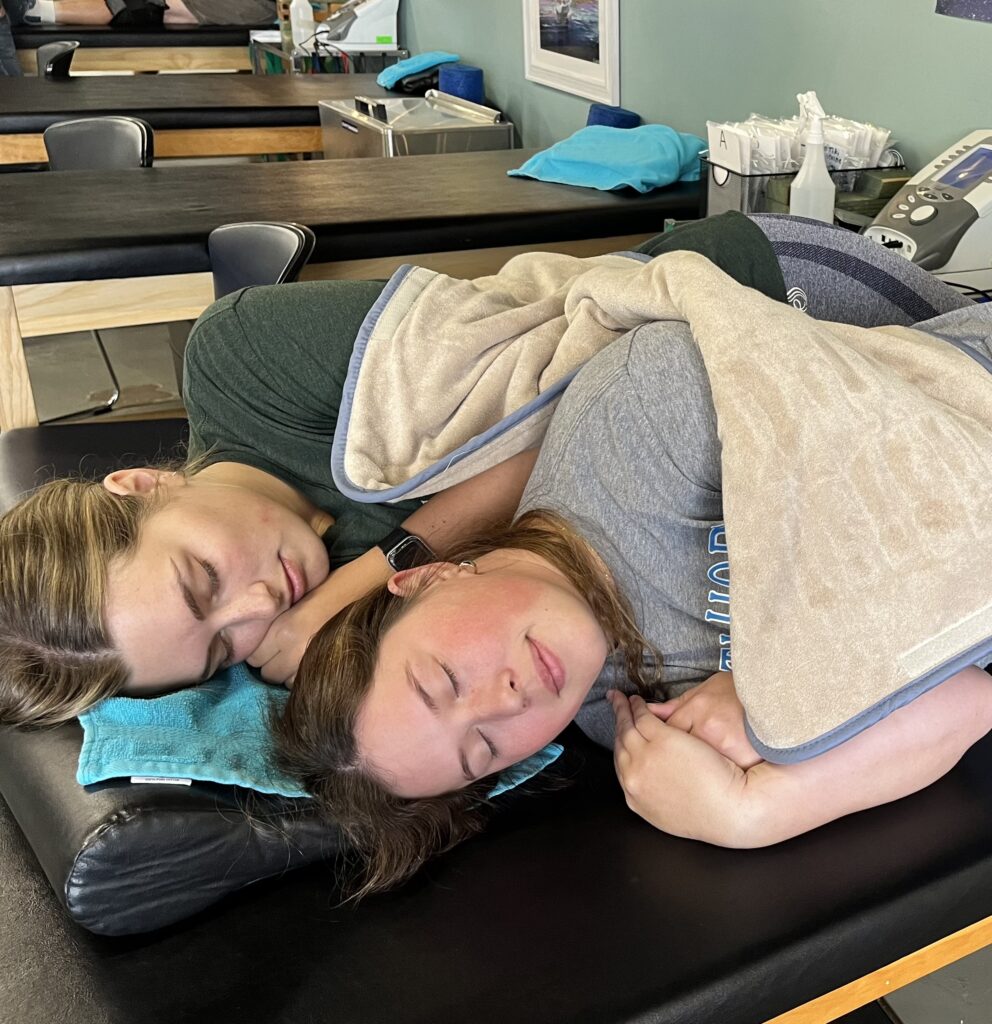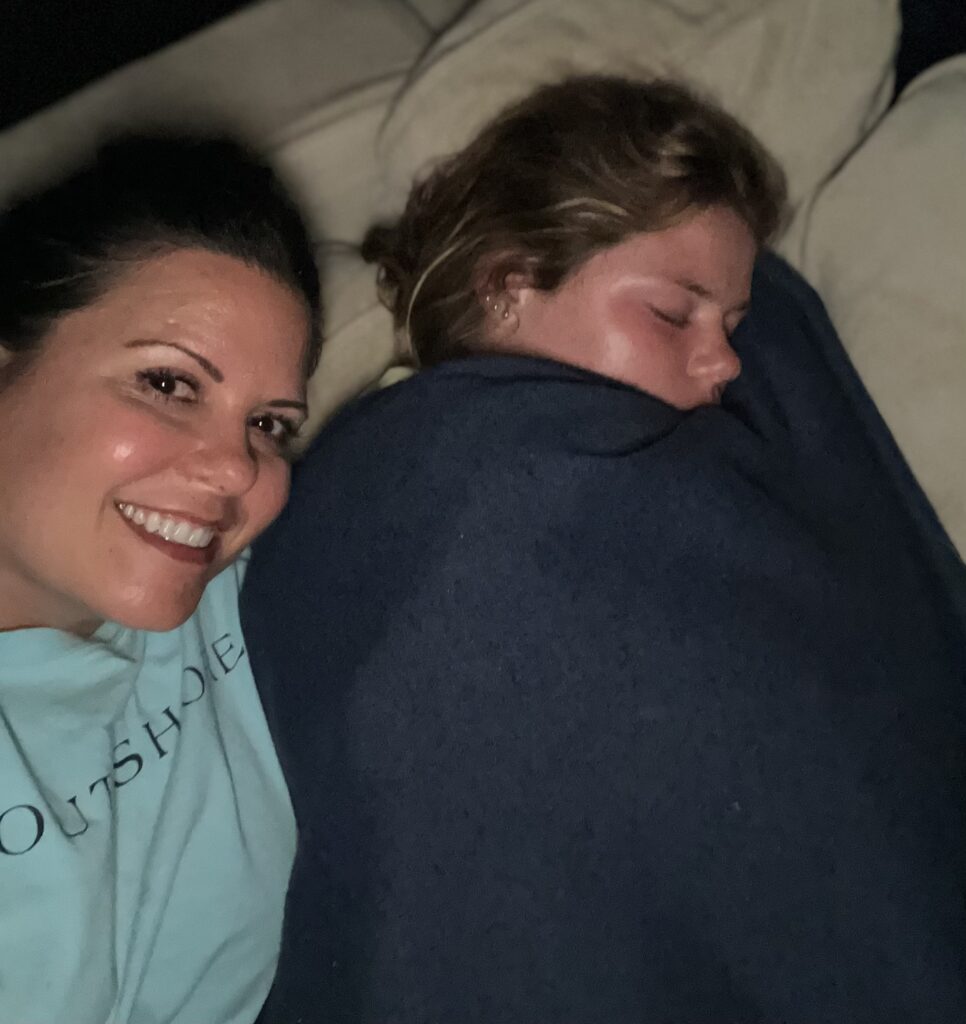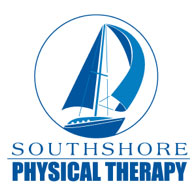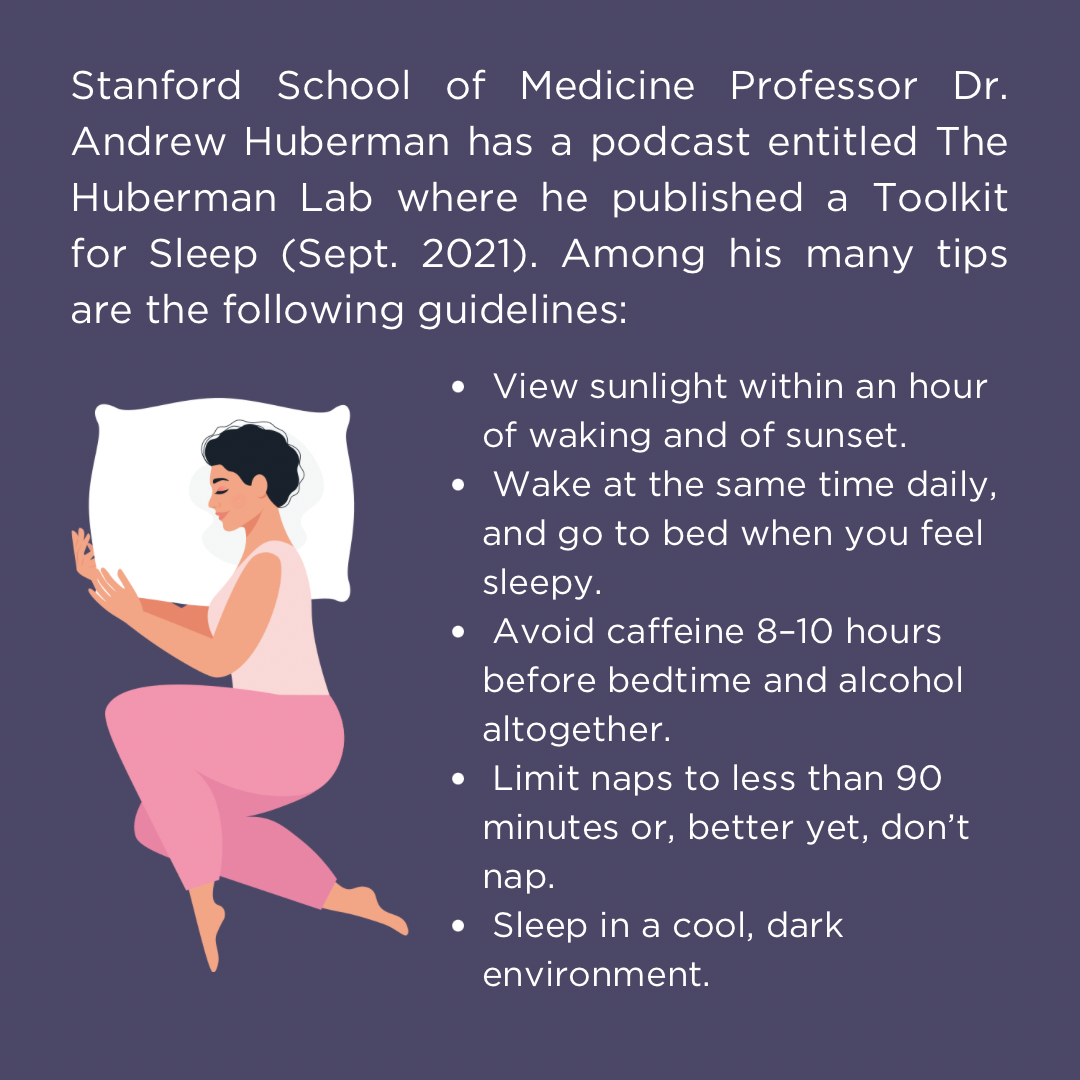
Years ago, I remember sitting in English class studying the works of renown poet Robert Frost who famously wrote “… but I have promises to keep, and miles to go before I sleep.” Beautiful words … yes, but not really the best advice for a long, healthy life. Sometimes, sleep really is the best medicine, and it shouldn’t be put off. It’s just as important as what we eat and how much we move. So why is it that 1 in 3 Americans say they don’t get enough sleep? 30% report being short an hour of sleep daily while another 10% say they miss two or more hours every single night.
With 24/7 technology, remote working environments and the general “I’ll-sleep-when-I’m-dead” mentality of today’s aging population of millennials and GenZers, sleep deprivation is epidemic. It jeopardizes not only our safety at home, in the workplace and on the roads but also our overall wellbeing. Inadequate Zzzzs can compromise our health from so many angles.

Cardiovascular health. Because your body releases hormones while you sleep that are good for your heart and blood vessels, depriving them of these hormones can lead to high blood pressure and heart disease. When in non-REM sleep, your heart and breathing rates slow and your blood pressure drops giving this vital organ some much needed downtime.
Cognitive function. It’s no surprise that lack of sleep will grossly impair your ability to make decisions and solve problems. But did you know it could also affect your memory? While you sleep, linkages are made in the brain to connect events and images with the sensory data of the day. Without it, those memories are not solidified.

Metabolism. Quality sleep can regulate your blood sugar to ward off mood swings, sluggishness and type 2 diabetes. It can also help you maintain a healthy weight by stabilizing the release of the hormones that control your appetite. And bonus …when you’re rested, alert and have the energy to exercise, you boost your metabolism even more.
Balance. Proper sleep can contribute to good balance which is helpful to everyone from the athlete who wants to avoid injury to the senior citizen who wants to avoid a fall. Whether short or long term, sleep deprivation has a negative impact on motor control which in turns affects balance.

Stress. Getting proper sleep reduces your stress levels which in turn reduces the risk of developing a broad spectrum of stress related health complications. Among the many issues that can result from sleep deprivation are heart ischemia, high blood pressure, gastrointestinal issues, dysmenorrhea, immunosuppression and more.
Inflammation. The dreaded root of so many health complications, inflammation can cause ulcers, asthma, arthritis and even dementia. When you sleep, your body releases proteins called cytokines that help control inflammation and stress. Put simply, less sleep means less inflammation-regulating proteins and your body’s ability to ward off these issues.
It’s cheap, it’s easy and you’re never more than a few minutes (okay, sometimes an hour) away from it. So put the prescriptions and OTC products away. Sometimes sleep really is the best medicine.
How do I know how well I’m sleeping?
There’s a large variety of tracking devices on the market to help you determine the quality and quantity of your sleep. Monitoring physical activity for the last decade, the Oura ring is a high-end option that gives you a nightly sleep score which is calculated using the amount of time spent in each stage of rest. For those on a more limited budget, the Amazfit Band 5 Activity Fitness Tracker offers many similar features including built-in ability to work with Amazon’s virtual assistant, Alexa.
Michele Robert Poche

